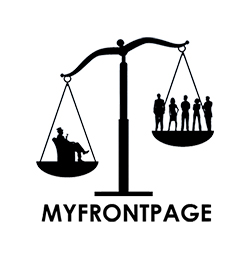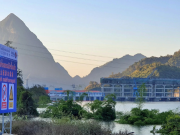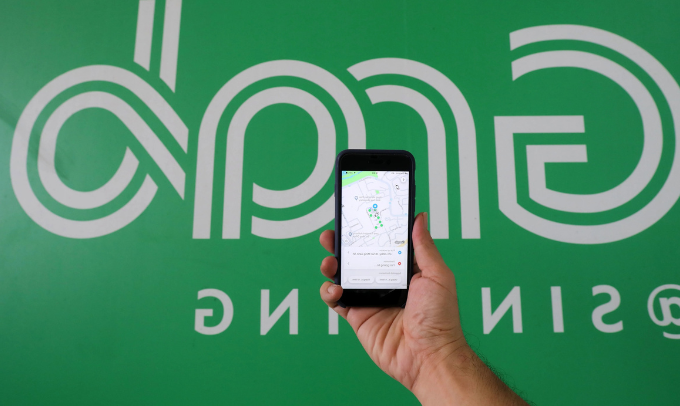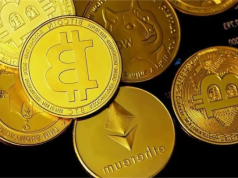Asia , Feb 04, 2025
In what could be one of the most consequential tech developments of the year, fresh speculation is swirling about a possible merger between Southeast Asia’s two ride-hailing and super-app giants—Grab and Gojek. Whispers of resumed merger talks have resurfaced as both companies face increasing investor pressure amid tightening margins, post-pandemic shifts, and rising competition from emerging platforms.
Though previous attempts to merge failed in 2020 and 2021, largely due to disagreements over leadership and regulatory hurdles, insiders say 2025 may be different. Key investors from both camps, including SoftBank and Temasek, are reportedly more aligned now, viewing a consolidation as the best way to combat market saturation and reduce overlapping costs.
Recent quarterly earnings have added fuel to the rumors. Grab, despite improvements in profitability, is still struggling to maintain its market dominance in Indonesia—Gojek’s stronghold. Meanwhile, Gojek’s parent company, GoTo, is undergoing internal restructuring to cut losses and focus on its core logistics and payments segments. A merger, some say, could help both companies streamline operations and create a regional tech powerhouse with unbeatable reach across transportation, fintech, food delivery, and e-commerce.
But not everyone’s cheering.
Antitrust regulators in Indonesia and Malaysia are already on alert. The Indonesia Competition Commission (KPPU) has warned that any move toward monopolistic dominance in the ride-hailing or payments sectors would be closely scrutinized. “We are not opposed to mergers, but the consumer must benefit,” said KPPU spokesperson Dwi Andri.
Consumers are also divided. While some anticipate better service integration and pricing, others fear loss of choice and the risk of fare hikes. Gojek driver communities have also voiced concern about job security and potential pay cuts under a merged entity.
Analysts believe that any deal would need to be carefully structured—possibly as a strategic alliance or holding company model—to avoid triggering antitrust alarms. “This could be a soft merger with room to evolve,” said Rita Lim, a regional tech M&A analyst based in Singapore.
Whether or not the two super-apps finally unite, one thing is clear: the race for dominance in Southeast Asia’s digital economy is entering a critical new phase.















